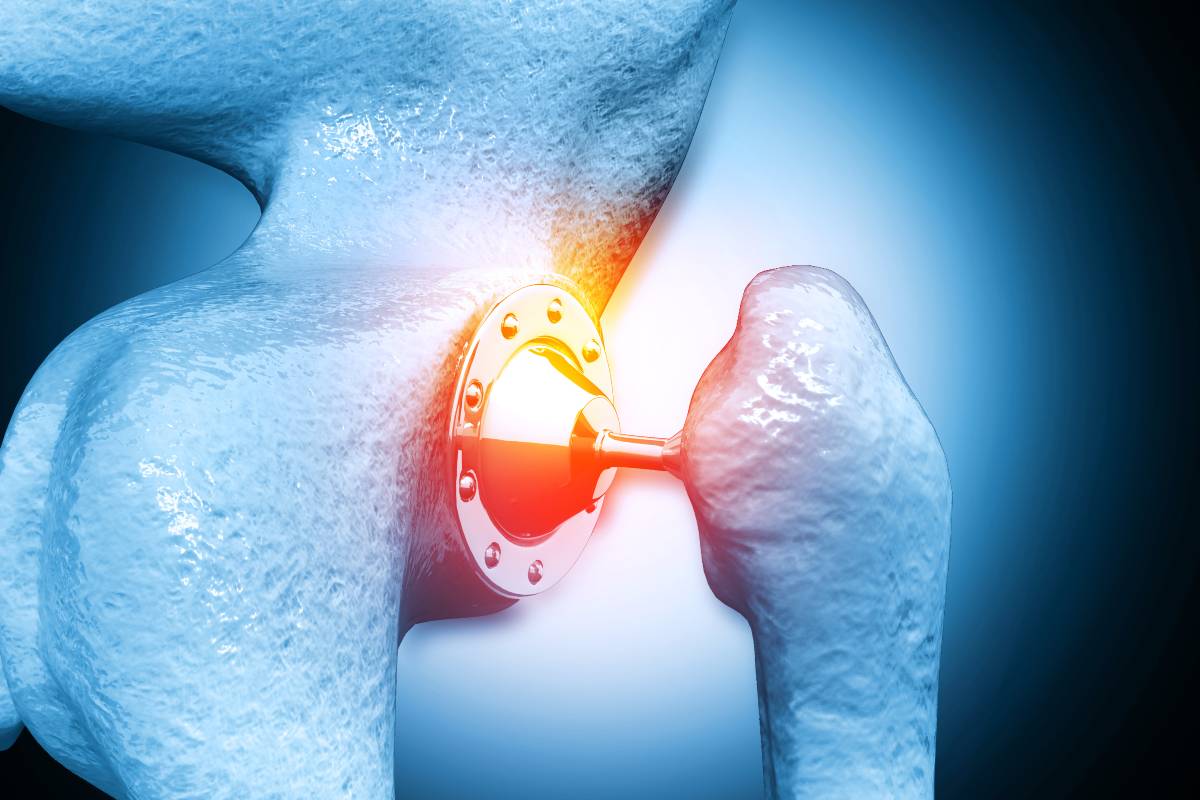Postoperative Pain Management for Implants

Postoperative pain management is a crucial component of recovery following implant surgeries, significantly impacting patient comfort, satisfaction, and overall outcomes. Proper management of postoperative pain not only facilitates quicker recovery but also helps prevent complications such as chronic pain and delayed healing of the surgical site around the implants.
Implant surgeries, whether dental, orthopedic, or cosmetic, are invasive procedures that can cause significant tissue damage and inflammation. This results in significant postoperative pain, which typically peaks within the first 48 hours after surgery and gradually diminishes as healing progresses. However, the intensity and duration of pain can vary depending on the type of implant, the surgical technique used, and the individual patient’s pain threshold and overall health 1.
The goals of postoperative pain management are to relieve pain and discomfort to improve patient well-being, facilitate early mobilization and rehabilitation, which is particularly important in orthopedic implants, reduce the risk of chronic pain development, enhance wound healing, and reduce the risk of complications. Effective postoperative pain management involves a multimodal approach, combining pharmacological and non-pharmacological interventions tailored to the patient’s needs 1.
Pharmacologically, non-steroidal anti-inflammatory drugs (NSAIDs) and acetaminophen are commonly used to manage mild to moderate pain. They help reduce inflammation and provide effective pain relief with a lower risk of side effects compared to opioids 1–3. For moderate to severe pain, opioids like morphine, oxycodone, and hydrocodone may be administered. These are potent pain relievers but carry a risk of side effects such as nausea, constipation, and potential for dependence. Therefore, their use is typically limited to the immediate postoperative period 1,2. Additionally, local anesthetics can be administered through nerve blocks or directly at the surgical site to provide targeted pain relief; to this end, long-acting formulations can offer extended pain control with minimal systemic effects 2.
Non-pharmacological methods are also valuable for postoperative pain management for implants. Cold therapy in the form of ice packs applied to the surgical site can help reduce inflammation and swelling and numb the area, providing temporary pain relief 4,5. In addition, early mobilization and physiotherapy are crucial in orthopedic implants to restore function and reduce stiffness. Tailored exercise programs can help manage pain and improve recovery outcomes 6. Pain perception can also be influenced by psychological factors such as anxiety and depression. Consequently, providing psychological support and counseling can help patients cope better with postoperative pain 7,8. Finally, the use of alternative therapies for postoperative pain management has been studied with techniques such as traditional Chinese medicines and homeopathy, but much of the available evidence remains of low quality 1. Acupuncture and transcutaneous electrical nerve stimulation (TENS) therapy can, however, clearly be effective in managing postoperative pain for some patients, although its efficacy varies across individuals 9.
Ultimately, the clinician’s analgesic prescription needs to be tailored to a patient’s own unique medical history. Such individualized treatment will enhance the rate of success in pain management while minimizing the incidence of any adverse effects 3.
Educating patients about the expected course of postoperative pain and the importance of pain management strategies is crucial. Patients should be encouraged to communicate their pain levels and any concerns they may have. Empowering patients with knowledge about pain management techniques and setting realistic expectations can improve their cooperation and overall satisfaction with the treatment 10,11. Effective postoperative pain management for implants requires a comprehensive, individualized approach that combines pharmacological and non-pharmacological strategies.
References
1. Bryce, G., Bomfim, D. I. & Bassi, G. S. Pre- and post-operative management of dental implant placement. Part 1: Management of post-operative pain. Br. Dent. J. (2014). doi:10.1038/sj.bdj.2014.650
2. Melini, M., Forni, A., Cavallin, F., Parotto, M. & Zanette, G. Analgesics for Dental Implants: A Systematic Review. Frontiers in Pharmacology (2021). doi:10.3389/fphar.2020.634963
3. Khouly, I. et al. Post-operative pain management in dental implant surgery: a systematic review and meta-analysis of randomized clinical trials. Clinical Oral Investigations (2021). doi:10.1007/s00784-021-03859-y
4. Dental Implant Post-Operative Instructions at Lehman & Menis. Available at: https://www.lehmanmenis.com/post-operative-instructions-dental-implants. (Accessed: 16th July 2024)
5. Dental Implants Post-Operative Instructions at Amarillo Oral & Maxillofacial Surgery & Dental Implants. Available at: https://amarillooralsurgery.com/instructions/post-operative-instructions-dental-implants/. (Accessed: 16th July 2024)
6. Shao, W., Wang, Q., Liao, T. & Tan, Q. Application of Drug and Exercise Intervention in Postoperative Rehabilitation: A New Evaluation of Health Coordination Effect. Front. Surg. (2022). doi:10.3389/fsurg.2022.909425
7. Nicholls, J. L. et al. Psychological treatments for the management of postsurgical pain: a systematic review of randomized controlled trials. Patient Relat. Outcome Meas. (2018). doi:10.2147/prom.s121251
8. Gorsky, K. et al. Psychological interventions to reduce postoperative pain and opioid consumption: A narrative review of literature. Regional Anesthesia and Pain Medicine (2021). doi:10.1136/rapm-2020-102434
9. Meissner, W. The role of acupuncture and transcutaneous-electrical nerve stimulation for postoperative pain control. Current Opinion in Anaesthesiology (2009). doi:10.1097/ACO.0b013e32832fbdf1
10. Ingadóttir, B. & Zoëga, S. Role of patient education in postoperative pain management. Nurs. Stand. (2017). doi:10.7748/ns.2017.e10939
11. Yajnik, M. et al. Patient education and engagement in postoperative pain management decreases opioid use following knee replacement surgery. Patient Educ. Couns. (2019). doi:10.1016/j.pec.2018.09.001
